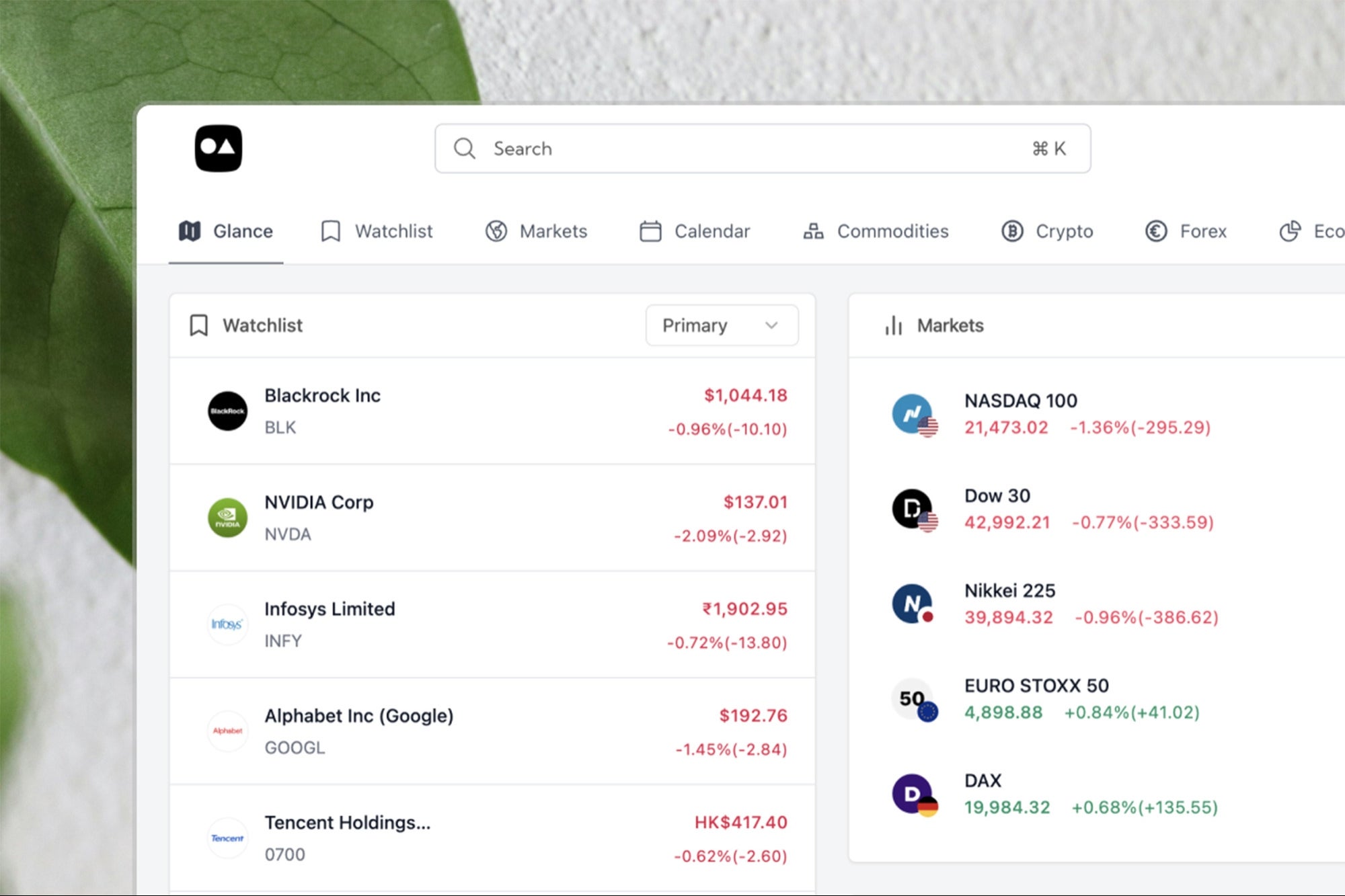Why BIZ Experiencess Should Plan for Failure, Not Success Being practical and thoughtful about all of the possibilities and worst-case scenarios prompts allows firm to progress.
Opinions expressed by BIZ Experiences contributors are their own.
Starting three companies -- two of which didn't take off the way I envisioned -- taught me that while BIZ Experiencess should dream big, it's essential that we also plan for failure. More than 90 percent of startups fail.
And recognizing this right off the bat will prepare you intellectually, emotionally and financially, if your venture doesn't succeed.
Related: 9 Reasons Why Most Startups Fail
Planning for failure doesn't make you negative or paranoid. It makes you smart. First, there's a huge difference between preparing for failure and thinking you're going to fail. The latter is highly discouraging and curtails growth. The former, on the other hand, is about being practical and thoughtful about all of the possibilities that may occur. In some ways, it can even encourage BIZ Experiencess to progress because being prepared quells fear and prods you to keep going.
I always plan for worst-case scenarios, considering how they may affect my team, their lives and how to mitigate them. For example, I need to think ahead: What if we were to lose one of our largest clients? How would that impact our cash flow, company morale and what would my investors think of the company's outlook? It's difficult to think of these scenarios, but I believe it's necessary to plan for it. In some cases, planning for failure helps me anticipate challenges so I can prevent them from happening.
Additionally, being honest with yourself and thinking about potential failure enables you to identify mistakes that you're making in your business, so you can correct them more quickly along the way.
Related: What High Performers Do When Things Get Tough
It helps you be more objective. Starting and running a business can be a very emotional experience. Your company is your "baby," after all, and it's something that you've poured a lot of heart and passion into. Forcing yourself to be prepared for the worst can help balance that out. How? Planning for failure or thinking of an exit strategy pushes you to be less "clingy" with your company. It forces you to look at the facts and unpleasant possibilities (no matter how difficult), thereby enabling you to be more analytical and objective.
Being a bit disassociated from your company also gives you more perspective because it allows you to look at it from the vantage point of your investors or customers. This, in turn, helps you generate ideas or even catch errors that you may have missed being too close to your business.
Toward the end of my first company's existance, my co-founder Andrew Waage and I forced ourselves to evaluate the business from a customer's perspective, and we learned that the solutions we were building simply did not solve a problem that was big enough. We set our emotions aside and closed the business because when looking at the facts, we did not have a business. We would have not had the courage to face our failure so quickly if we didn't plan for it.
Related: How To Win When You Fail
Recognizing that you might fail keeps you on your toes. Acknowledging the possibility of failure prevents you from being complacent. Knowing that at any point your venture could take a wrong turn keeps you from resting on your laurels, which means you strive harder and don't let success lead to hubris.
Never became too self-satisfied. Remember it takes years to build a company and one simple mistake to bring it all back to nothing. Never lose sight of that. It's important to stay focused and hungry.
Related: Failure: Go From Moping to Hoping
Planning for failure makes it easier to move on. Preparation can help soften the blow in the event that your company hits the rocks. Looking back, I don't think I would have been able to move on quickly from my unsuccessful ventures if I hadn't prepared for the possibility of failure.
When my first startup didn't take off, Waage and I were prepared to deal with the circumstances. We had planned for it mentally, emotionally and financially, and decided we weren't going to take it personally, which was why it only took us two weeks to recharge and start our next venture.
No one wants to face the dreaded "F" word, but even the most successful BIZ Experiencess experience their share. It's simply part of the game. And, who knows? It could even serve as the foundation for something far bigger and better.
Related: Closing My First Big Deal











